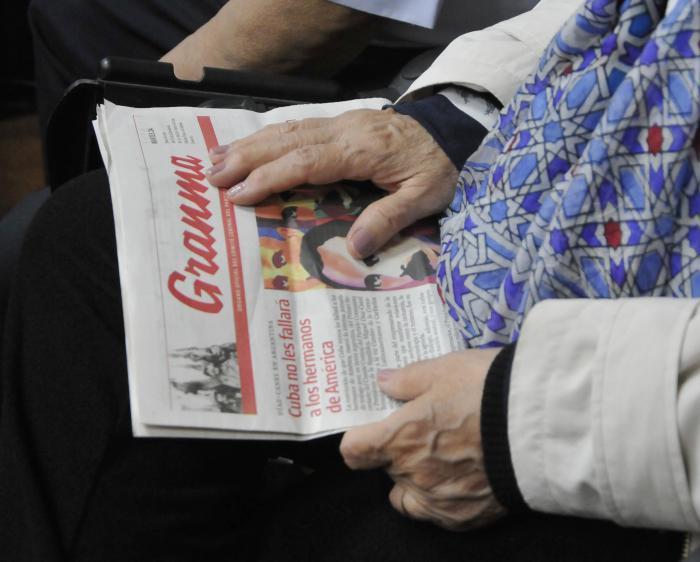
"Our weapons are our ideas." That sentence became a beacon for the Cuban Revolution which, one day, loaded its convictions and its realities on a ship to reach the ports of the world with the dawn of truth, in the perpetual struggle against the darkness of lies and media manipulation.
A paper Granma began to sail the rough seas of information, just as the yacht with the 82 expeditionaries set sail from Mexico almost nine years earlier. The mission turned out to be the same: "to arrive, enter and triumph," but this time in the conscience of national readers and anywhere on the planet.
On October 3, 1965, in what is today the Karl Marx Theater, when the political vanguard organization of the society received the name of Communist Party of Cuba, the first members of the Central Committee were presented, and the farewell letter of Che Guevara was unveiled in the voice of Fidel, it was also decided to create the Granma newspaper.
The emergence of the newspaper was linked to the process of unity among all the revolutionary forces. It was born from the merger between its predecessors Hoy, of the Popular Socialist Party, and Revolución, of the 26th of July Movement.
According to the Commander-in-Chief, in those circumstances there was a need to "concentrate human resources, unite all those resources and create a new newspaper that will bear the name of Granma."
The newspaper is in charge of disseminating the work of the Revolution, its principles and achievements, as well as the integrity and cohesion of the people with the Party and its highest representatives.
The newspaper also helped turn the largest of the Antilles into an international example for the movements determined to face the advance of imperialism's expansive wave, which neutralizes the pockets of resistance by crushing the values, identities and reasons to fight of every culture.
Each era requires a different discourse to bring the printed and digital pages closer to the surrounding reality and its protagonists/readers. However, the maritime route has been marked for almost six decades: criticize, exalt, inform, enlighten, but always from the center of the soul of the Revolution.















